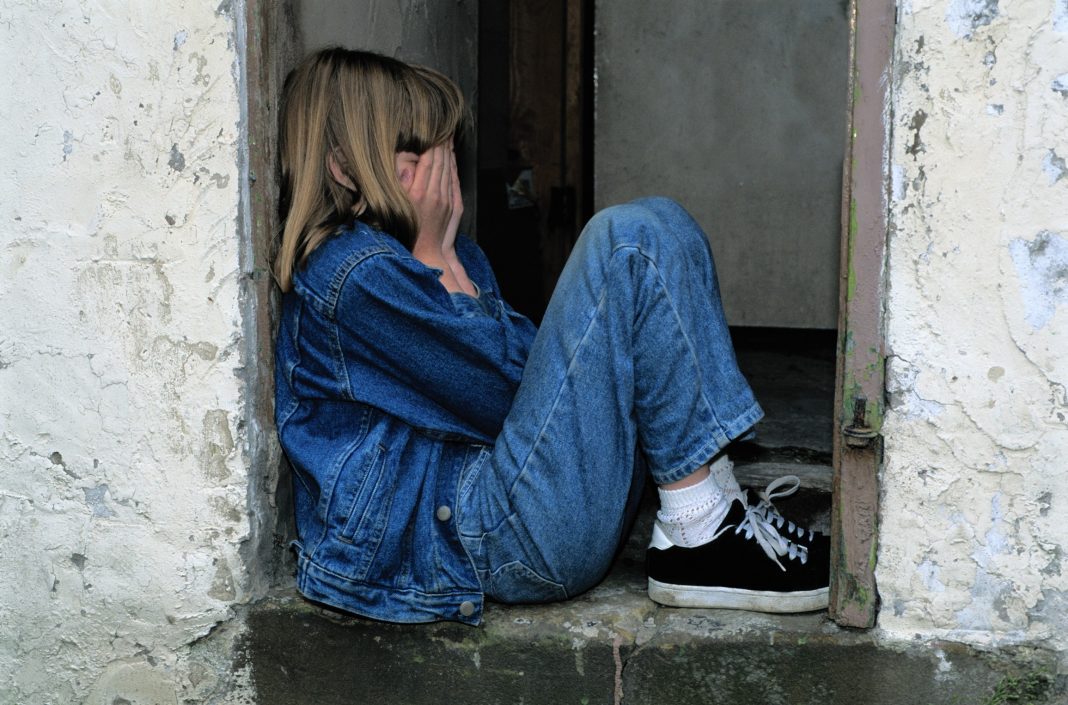As parents, our goal is to raise happy, healthy, well-adjusted children who are authentic and comfortable in their own skin. In today’s world, we’re starting to realize the role that mental health plays in this, and usually it’s because of experiences we’ve had in our younger years that still impact us as adults. Childhood trauma is a topic that’s become a more prominent part of the conversation on emotional health, and as parents, making sure we don’t raise traumatized children is a huge priority.
It’s important to note that trauma doesn’t always come in large, catastrophic events. Children are quite sensitive and many events and interactions can impact them. The more aware we become of this as parents, the more likely we can make sure our kids are well-equipped to navigate all the turns that are a part of life. Here are some measures we can take to really help our kids with their emotional health.
Support Them Through Challenges
The thing about life is that many traumatic events are unavoidable, but that doesn’t mean it inevitably can lead to long-term emotional effects in young people. What makes the difference is how the parents react and respond to the traumatic events and most importantly, how they support their children. So much of our lives isn’t under our control, and we can’t protect our kids from every bad thing, but what we can control is our reactions. For example, divorce is an all too common occurrence that many families have to deal with, and contrary to what people think, divorce doesn’t have to hurt your children in the long run if you navigate it correctly. According to family and divorce lawyers, Cohen and Winters, “divorce is a tough transition for all families, but families can come out stronger on the other side if parents choose to put their children at the core of their decision making instead of focusing on being at odds with each other.” When your children go through a challenging time, the important thing is not to ignore it or dismiss it, it’s to provide them with the tools to help them cope. Whether it’s individualized therapy or family therapy, it’s key that we put our children first to make sure they are getting the love and care they deserve.
Watch Your Words
Most human beings will tell you of a time in their lives where someone said something in passing that really hurt or impacted them for a long time. Whether a parental figure told you that you couldn’t get anything right, a school bully called you a loser or a sibling told you not to hang out with them, these things can become a voice in your head. When we become parents, we have to understand that our words have a lot of power over our kids, and anything we say can really bruise them deeply. When we lose our temper and say something in passing, it could have long-term effects that can lead to insecurity, low self-esteem and a lot of other emotional challenges.
Celebrate Authenticity
What makes so many of us struggle with in adulthood is not feeling good enough, and in so many cases, those feelings were planted in childhood. When we experience rejection, are pushed away by others, or get compared to others, it leads to a subconscious belief that we’re not worthy of love, belonging, acceptance and other positive things. It can lead to other issues like imposter syndrome, depression and anxiety. All these things are preventable if we give our kids all the love and understanding they need, and if they do something wrong, correct them in a loving way. There are ways we can allow our kids to be who they truly are and celebrate their unique attributes, so they have more confidence stepping out into the world.
Challenging events are a part of life, it’s something we can all experience. What isn’t a part of life though is prolonged suffering and extreme trauma. That’s dictated by how we respond to challenges, and this is especially true for children, who are still too young to process a lot of their emotions. As parents, it’s our job to help them navigate all the emotions they go through, so that it doesn’t become trauma and stumbles that haunt them well into adulthood. Remember, it’s possible to raise well-adjusted children, even when things like divorce, grief, anxiety and setbacks happen. It’s one of the biggest and most important responsibilities of parenthood.


















